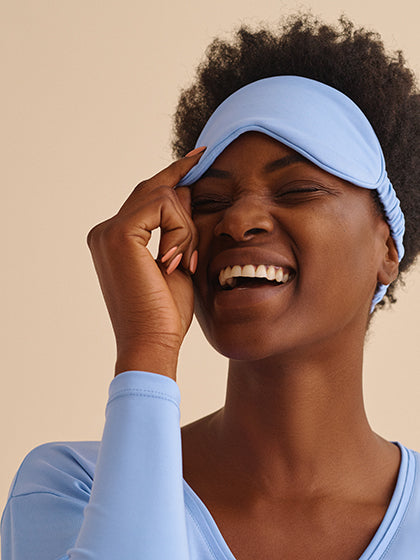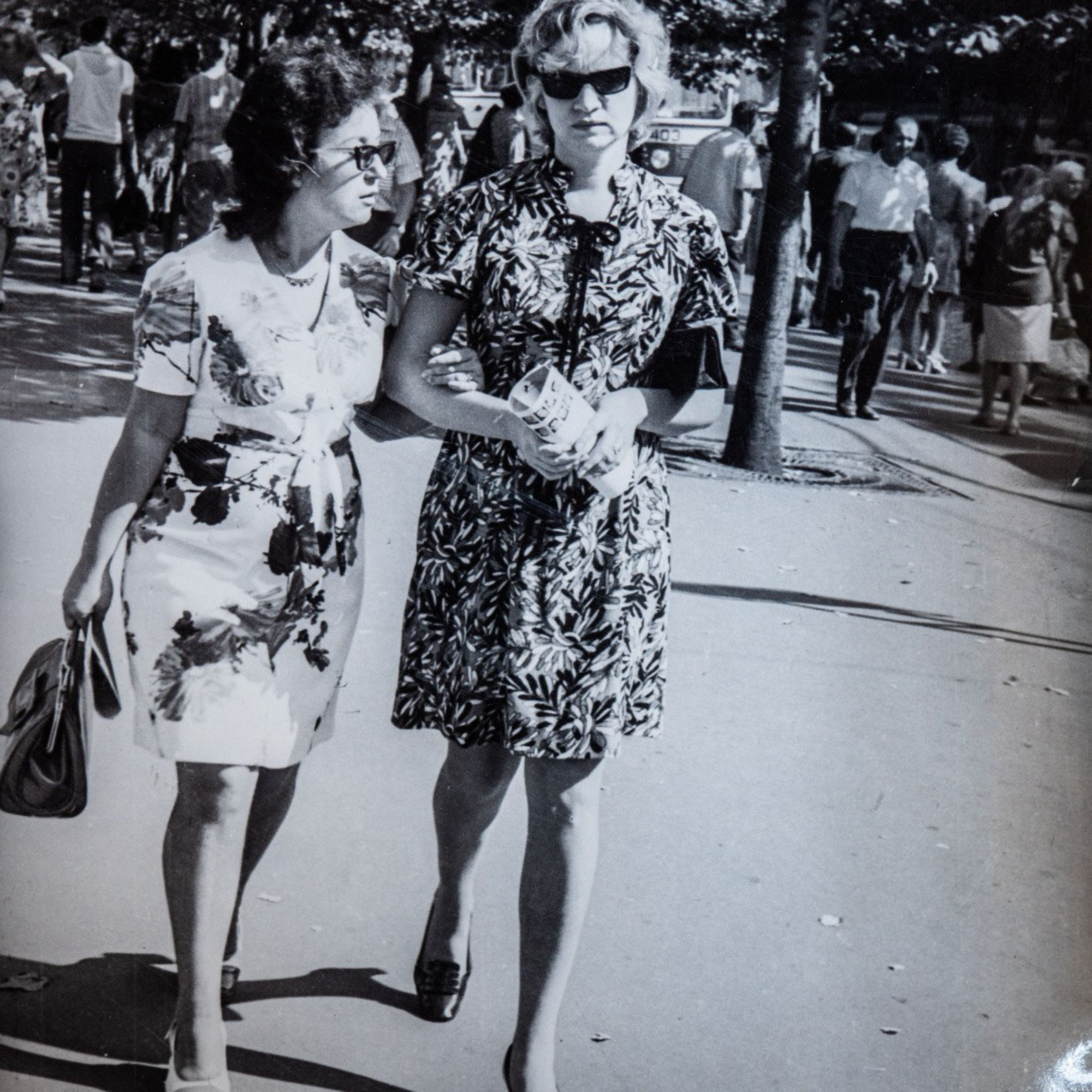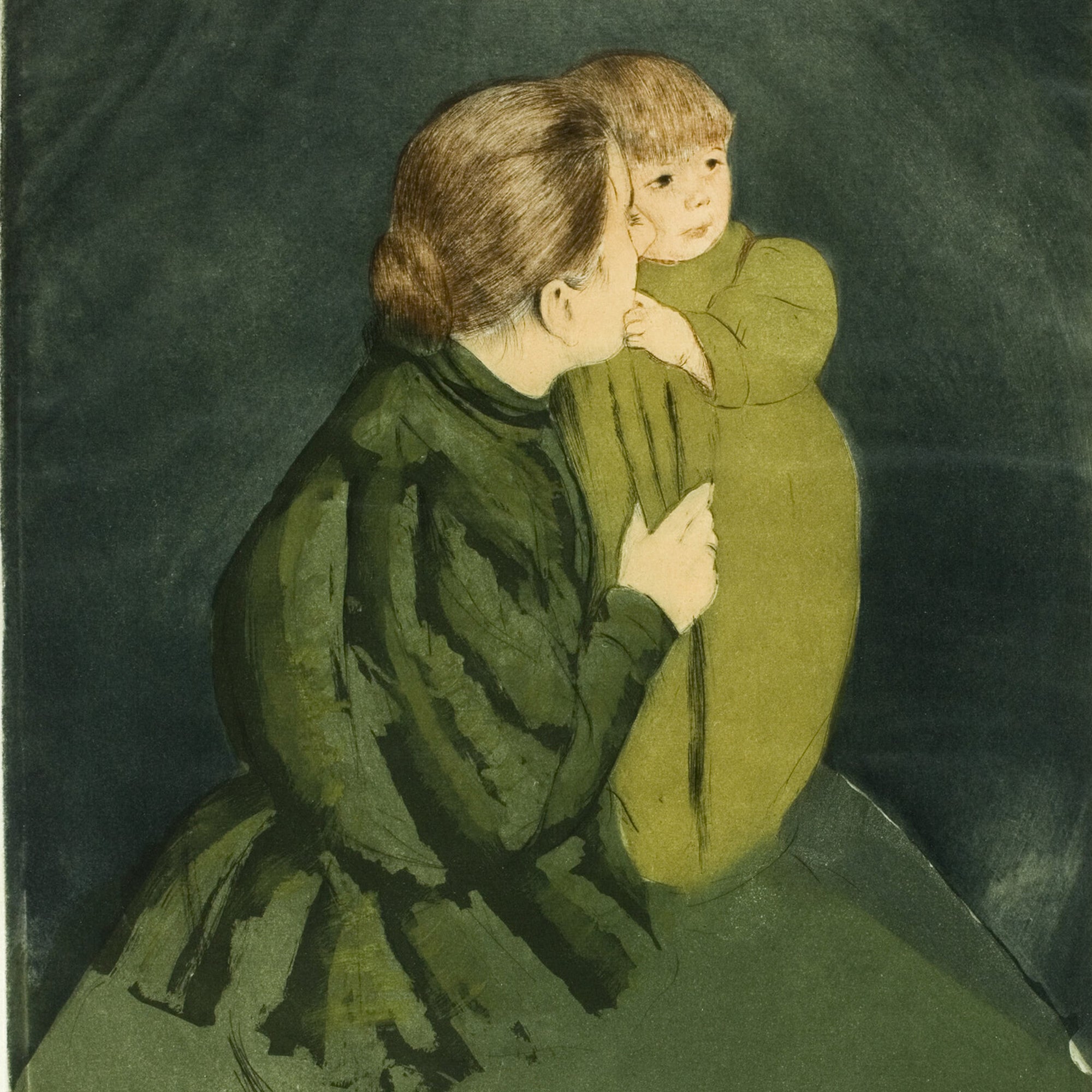NASM (National Academy of Sports Medicine) Certified Personal Trainer, Erica White, took over this week’s edition of The Thread to share with us how to incorporate exercise in pregnancy, postpartum, perimenopause + menopause, as well as some common misconceptions about exercise and diet.
- You should go to the gym for an hour to be healthy.
- You should get in 10,000 steps a day.
- You should burn more calories than you eat to lose weight.
These are ALL LIES and intimidating myths that unfortunately scare the crap out of people and make them think that healthy living is a matter of doing all or nothing.
How do I know? Because I’ve lived it. I used to overwork myself at the gym because, hello! I’m a millennial who grew up reading Shape and Women’s Health magazines and doing their workouts that were incredibly hard and not tailored. I don’t think I’m the only one who fell victim to this. And while I initially had a bit of an unhealthy and unsustainable obsession with how fitness can shape my body, it did lead me to a passion for health and fitness and getting certified as a personal trainer through NASM. I now love to share my love of fitness and teach others how to use exercise as a tool to feel great physically and mentally. Today I work out 3-5 times per week for 10-30 minutes at a time in my pajamas, on a yoga mat in my room before my kids wake up or right after they go to school, and I can confidently say that I’ve never felt better in my skin—including pre-kids, when I was running a crazy amount of miles, lifting weights that were too heavy, or pushing myself to my limit at a workout class.
I tell this story upfront because I want to stress the importance of looking at fitness as “me time”, as a treat—not a punishment. Seeking enjoyable ways to move your body and being consistent throughout your life are the most important ways to maintain your physical and mental health and help keep your hormones in check in every stage of life. (Read more about that in this Healthline article.)
Elle Woods from Legally Blond said it best: “Exercise gives you endorphins. Endorphins make you happy. Happy people don’t shoot their husbands.” Let’s hope for everyone's sake we all find fun ways to exercise and boost our endorphin levels.
Here are some workout tips to make you feel your best whether you're expecting, post-partum, perimenopausal, or are in menopause and beyond:
Prenatal

The majority of moms can relate to the challenging symptoms that come with pregnancy, especially in the first trimester, such as increased body temperature (hello night sweats—enter A DOMANI pajamas solving our hot mess problems), nausea, fatigue, and constipation. Thank you to our climbing progesterone, estrogen, and relaxin hormone levels for these gifts.
The American College of Obstetricians and Gynecologists (ACOG) recommends that pregnant women get at least 150 minutes of moderate aerobic activity (where you are able to still have a conversation while moving) every week. 150 minutes is 2.5 hours per week, which is 30 minutes 5x per week. This is actually pretty intimidating if you’re thinking you need to “do a workout” five times per week. This is just a suggestion, not most people’s reality, but attempting to move in any sort of way consistently is what counts. Don't know where to start? There are so many apps out there that have great pregnancy/postpartum workouts with plenty of fantastic content. I enjoyed these so much during my pregnancies (and still use in addition to my own workouts): Megan Roup’s - Sculpt Society, Melissa Wood Health, and obé. These exercises can be done in small spaces at home and many don’t even require sneakers or a sports bra - hello…A DOMANI PJ workouts!
Something to keep in mind when working out while pregnant is that your relaxin hormone levels are elevated, which causes the ligaments in the pelvis and pubic symphysis to relax and become more flexible for child birth. Be careful not to overstretch or extend yourself or you can be at risk for symphysis pubis dysfunction, something I unfortunately experienced in my second pregnancy. It’s super painful and restricts working out during pregnancy. I ended up seeing a pelvic floor specialist after my first pregnancy for this issue and she was super helpful in providing stretches that made me feel more comfortable.
Finally, your nutrition is so important during this time. This is a whole other topic, but the endocrine system during pregnancy and postpartum increases metabolism so it’s imperative to be getting enough nutrients to fuel your body—especially if you are working out.
Postpartum

The baby is here, yay! This is such an exciting yet whirlwind of a time. Quickly dropping estrogen and progesterone hormones plus a lack of sleep that comes with the newborn stage is a common cocktail for Postpartum Depression and Postpartum Anxiety—both of which I experienced with my second pregnancy. Once I was cleared by my doctor to exercise at the six-week appointment, I got right to it since that had always been such a release for me. But I knew I wasn’t going to just jump back into my normal routine.
After you have a baby, the pelvic area can be quite weak and joints may still be lax for up to a year due to elevated levels of relaxin. I would advise anyone with pain in that area to see a pelvic floor specialist who can also assess you for diastasis recti, which is essentially ab separation. You don’t want to start doing any sort of crunches right away as that can make ab separation worse. Bear planks are a gentle way to start to build back core strength. Start slow and be kind to yourself. Do something you enjoy. If that’s walking—great! Take the baby and yourself out for some fresh air and walk for however long that baby will nap. Getting out of the house can also help with PPD/PPA. Building up muscle may take some time so start with 1lb weights and work your way up. Carrying your baby around is a workout itself and only gets tougher as they get heavier.
I’ve also done stroller workouts with my babies while awake, which is a double whammy… You get to work out and entertain your baby at the same time! Some ideas: forward lunges pushing the stroller forward, regular and sumo squats using the stroller handle, or doing a barre style workout using the stroller handle. I promise if you make time to move your body during this time, you will feel better.
Perimenopause/Menopause

Perimenopause also causes a change in hormone levels since ovarian function as well as estrogen and progesterone levels decline.
Menopause is defined by a year-long cessation of periods after the last period. During this time, bone density can decline, which can lead to osteoporosis, where bones become too weak to support regular activities. As we get older, our metabolism decreases as well—how fun! This decrease is the result of our body composition having more fat than muscle. If dietary changes aren’t made it will cause weight gain, which can lead to being more prone to certain diseases.
And then of course the fun symptoms of menopause we all hear about and dread - hot flashes, night sweats, and sometimes insomnia and depression. With that said, it's important to find ways to move your body that give you great energy but will also help you maintain as much muscle mass as possible to keep you healthy through the aging process. The #1 rule is to find something you enjoy so you will be consistent while finding ways to do a combo of cardio (walking/biking/swimming, etc.), flexibility (yoga/Pilates/stretching) and resistance training (body weight exercises or free weight routines).
As women, our anatomy comes with a roller coaster ride of hormonal shifts that can wreak havoc on our overall physical and mental health if we do nothing about it. I’m here to tell you that identifying body movement you enjoy and can commit to consistently will change your life and health for the better. I truly can’t think of a time where I regretted a workout! I hope this info will motivate you to find something you enjoy.
 |
Erica White lives in Greenwich, CT with her husband, two daughters ages 3 and 10 months and Coton de Tulear puppy. She has been a NASM Certified Personal Trainer since 2011 with a Women’s Health specialty, and a Partner at Executive Search and Recruiting firm, Landing Point, based in NYC. Erica is passionate about combining her two interests in health/fitness and recruitment to elevate people’s health and wealth using tailored, realistic methods in a genuine yet positive way. |






